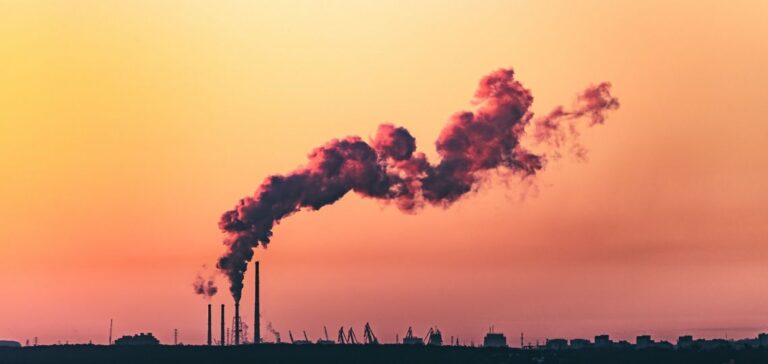The European Union (EU) supports India’s call to abandon fossil fuels at COP27.
The Indian initiative
The European Union supports the initiative of India, the world’s largest coal buyer. New Delhi calls for a global effort to phase out the use of all fossil fuels. However, this proposal could be strategic as it would lessen the focus on India’s own coal consumption.
At the previous COP, the states agreed to reduce their use of coal. However, India perceived this measure as a threat. The final agreement reworded the proposal to “phase out” coal-fired electricity with “a gradual reduction”.
European support
Thus, theEU is in favor of an agreement that would cover all fossil fuels. Indeed, Frans Timmermans, Vice President of the European Commission, says:
“We support any call for the phasing out of all fossil fuels,” said Timmermans, the EU’s climate policy chief. But we also need to make sure that this call doesn’t diminish the previous agreements we had on coal phase-down, so if it’s in addition to what we already agreed to in Glasgow, then the EU will support this proposal.”
The objective for the EU is not to dictate a country’s investment plans.
If the EU validates the proposal, it will still be necessary to formalize this agreement which, for the moment, is far from unanimous. Indeed, such an agreement would be detrimental to developing countries. Some of these countries have rich oil and gas deposits.
Differences
The Saudi Ministry of Energy’s negotiator for COP27 says an agreement could help “demonize” the fossil fuel industry. Frans Timmermans states:
“Natural gas is a different situation that I have some understanding for, especially if you combine that with an infrastructure that is pre-equipped to also transport gases with other densities, like green hydrogen or green ammonia in the future.”
Natural gas burns cleaner than coal.
However, its exploitation and transportation result in the leakage of methane, a potent greenhouse gas. Irene Batebe, Permanent Secretary at the Ugandan Ministry of Energy, says:
“We have made it clear that we should be facilitated to sustainably explore our oil and gas resources.”
The preliminary report of the Egyptian Presidency of COP27 does not mention any reference to the abandonment of fossil fuels.






















